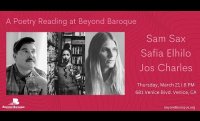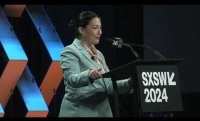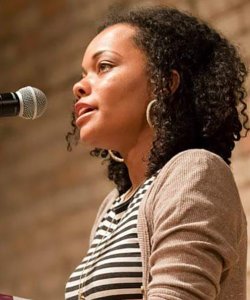April Fool’s Day may be just around the corner, but your writing deserves to be taken seriously. Consider submitting your poems, essays, and short stories to these prizes and fellowships, all with April 14 and 15 deadlines (and one with no entry fee). Don’t forget to carefully read the contest guidelines before entering, and good luck!
Desperate Literature
Short Fiction Prize
A prize of €1,500 (approximately $1,628), publication in the Desperate Literature prize anthology, and a weeklong residency at the Civitella Ranieri Foundation’s castle in the Umbria region of Italy is given annually for a work of short fiction. Winners also receive a consultation with literary agent Charlotte Seymour (Johnson & Alcock Literary Agency), an editorial meeting with the Literary Consultancy, and the opportunity to give readings at Desperate Literature in Madrid and Burley Fisher Books in London. Megan McDowell, Ottessa Moshfegh, Samanta Schweblin, and Alejandro Zambra will judge. Entry fee: €20 (approximately $22).
Florida Review
Editor’s Prizes
Three prizes of $1,000 each and publication in Florida Review are given annually for a poem or group of poems, a short story, and an essay. The editors will judge. All entries are considered for publication. Entry fee: $25 (which includes a subscription to Florida Review).
New Ohio Review
Literary Prizes
Three prizes of $1,500 each and publication in New Ohio Review are given annually for a poem or group of poems, a short story, and an essay. All entries are considered for publication. Entry fee: $22 (which includes a subscription to New Ohio Review).
Poetry Foundation
Ruth Lilly and Dorothy Sargent Rosenberg Poetry Fellowships
Five fellowships of $27,000 each are given annually to U.S. poets between the ages of 21 and 31. Entry fee: None.
University of Arkansas Press
Etel Adnan Poetry Prize
A prize of $1,000 and publication by University of Arkansas Press is given annually for a first or second poetry collection by a writer of Arab heritage. Series editors Hayan Charara and Fady Joudah will judge. Entry fee: $25.
Visit the contest websites for complete guidelines, and check out the Grants & Awards database and Submission Calendar for more contests in poetry, fiction, creative nonfiction, and translation.










